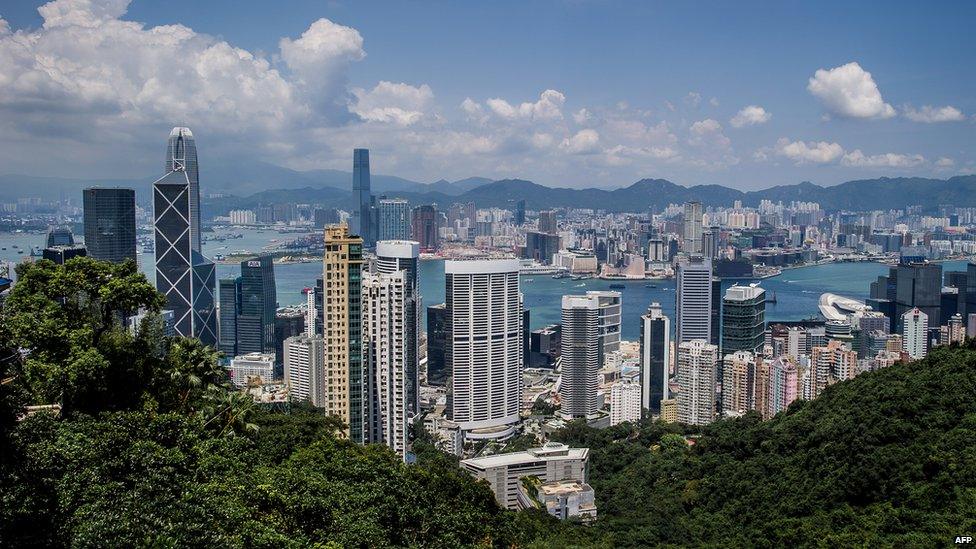Beijing 2022: Why is the Winter Olympics controversial?
- Published
- comments
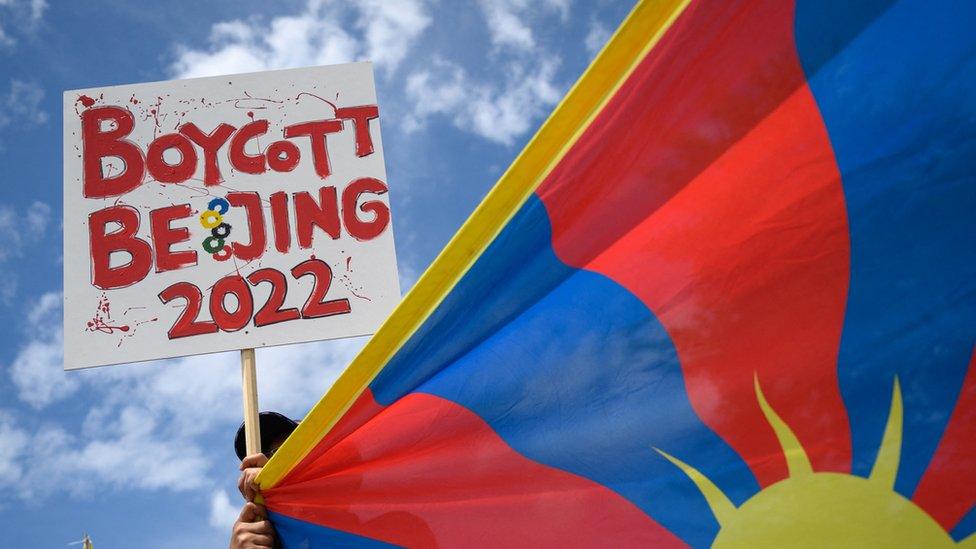
Lots of people are excited about the 2022 Winter Olympics in Beijing, China.
Around 3000 athletes and 736 para-athletes from all over the world will have the chance to showcase their incredible abilities in sports like skiing, ice skating, snowboarding and curling!
China is said to have spent nearly £3billion on the event and they've even ordered 1.2 million cubic metres of artificial snow to the region where the Games are held - because there's so little snowfall there.
But while there are plenty of people looking forward to the sporting action, there are also lot of people who are unhappy about the Winter Olympics taking place in China.
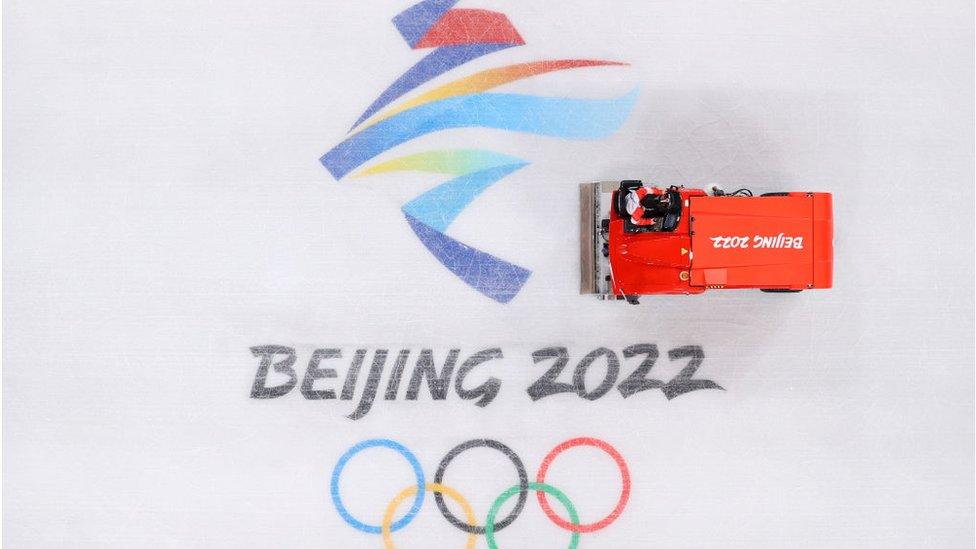
In fact, some governments like the UK, US and Canada, are refusing to send representatives on their behalf to attend the Games, which is what is usually expected.
Some people don't even think that China should have been given the Winter Olympic Games in the first place.
So what are the issues that they have with China? Read on to find out more.
Uyghurs and human rights
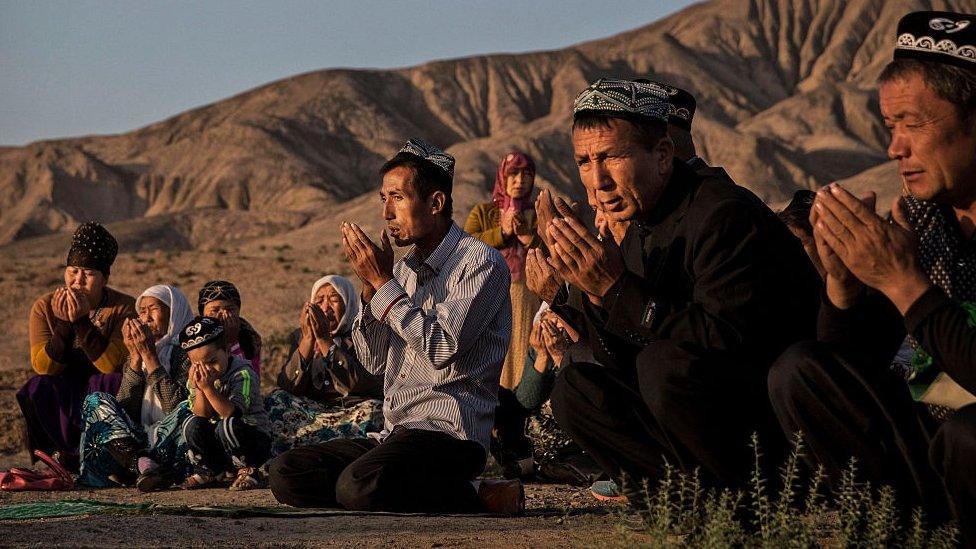
For years, human rights organisations have voiced a lot of concern for a minority group known as Uyghurs.
There about 12 million Uyghurs who live in an area called Xinjiang, in the north-west of China, making up about half their population.
Most Uyghurs are Muslim, and while they live in China they often speak their own language. The Chinese government is accused of treating them very badly.
The Uyghurs are a mostly Muslim Turkic ethnicity who regard themselves as culturally and ethnically close to Central Asian nations.
The majority live in China's Xinjiang province, where they number about 12 million people.
They are one of China's 55 officially recognized ethnic minorities.
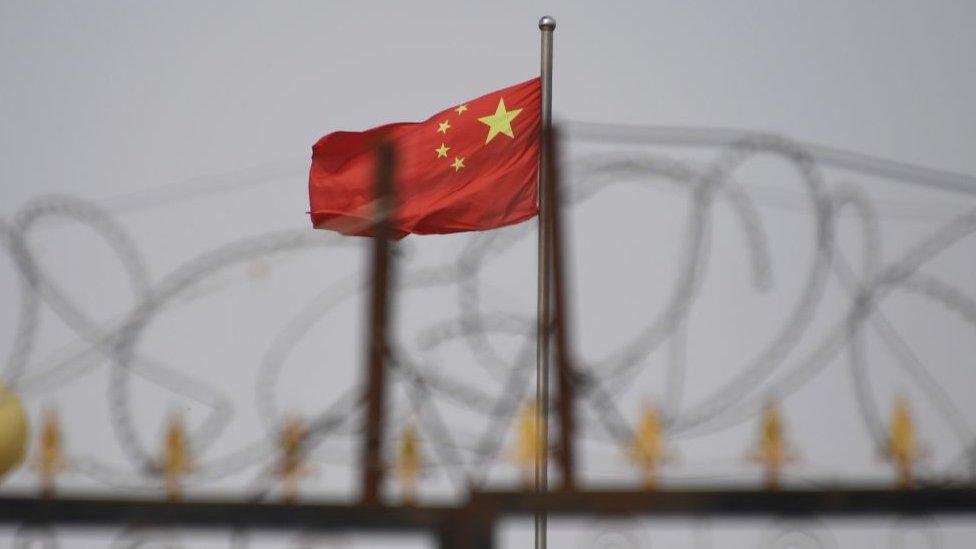
Human rights groups say that more than 1 million Uyghurs have been put in prison camps, where they are treated badly and forced to work without pay. The Chinese government is accused of holding them without trial, as well as preventing the women from having more children.
In the camps, it is claimed that Uyghur Muslims are made to speak a different language (Mandarin Chinese), swear loyalty to the Chinese President, Xi Jinping, and to say they will turn away from their faith.
Despite evidence and accusations, China has denied mistreating the Uyghur Muslims - and say the camps are designed to "re-educate" the Uyghurs and help them "integrate".
Surveillance and privacy
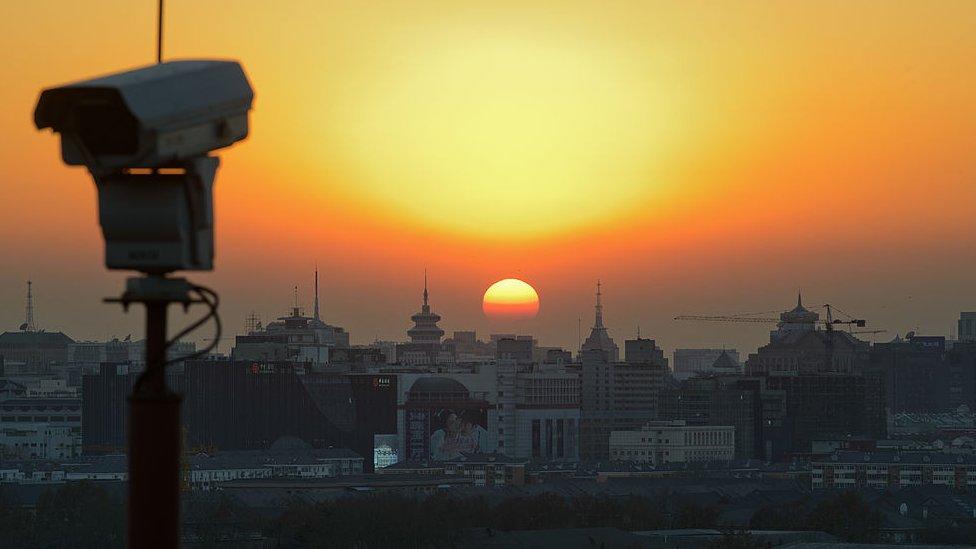
Use of services like the internet in China isn't open and free and many sites are banned or not available to ordinary Chinese people in the versions you would know.
China has also been accused of accessing people's phone data and even of hacking their devices.
The concerns are so great in the US that the FBI - an important American law enforcement agency - has encouraged all people attending the Games to take temporary phones instead of their personal ones.
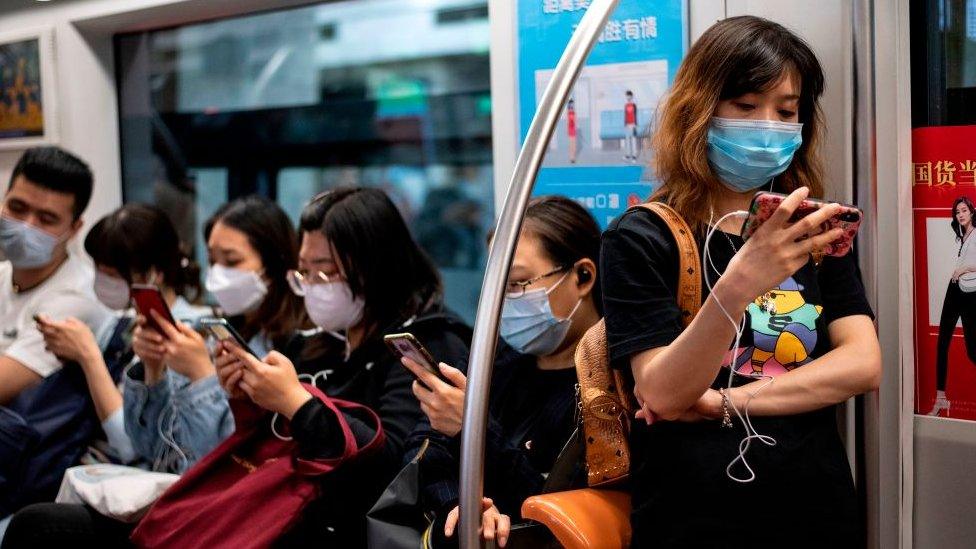
They warn that athletes there face 'cyber attacks' during the Games, and say this will help to prevent personal data being stolen.
For example, there is a special app designed for this year's Olympics which everyone attending the Games has to download for Covid security reasons. However, a cyber-security group called Citizen Lab examined the official app used and they say the app did not protect the attendees data very well and even banned the use or searching of some words.
China has rejected the concerns about cyber-security at the Games.
Hong Kong and the right to protest
WATCH: Why are there protests in Hong Kong? (July 2019)
Some of you may remember the protests in Hong Kong throughout 2019 and 2020.
Demonstrations throughout the city made headlines across the world - as many people in Hong Kong took to the streets, protesting for the right to govern themselves separately from China.
But the Chinese government do not see Hong Kong as a separate region - and have instead taken more control over Hong Kong's government.
Censorship is when someone is prevented from accessing information like books, TV or films, or speaking about a certain topic.
An age rating on a film can be seen as a good kind of censorship - as people under a certain age are not allowed to watch films thought to be too old for them.
But censorship can also be used to prevent criticism or limit someone's freedom of speech.
China has since closed down newspapers that spoke out against the Chinese government and taken down any statues that could put China in a bad light. They've also arrested and imprisoned journalists and activists.
Most people in China cannot criticise the government and its officials without risking being punished and this is seen by many other countries as unfair and wrong.
What have the UK and other countries said?
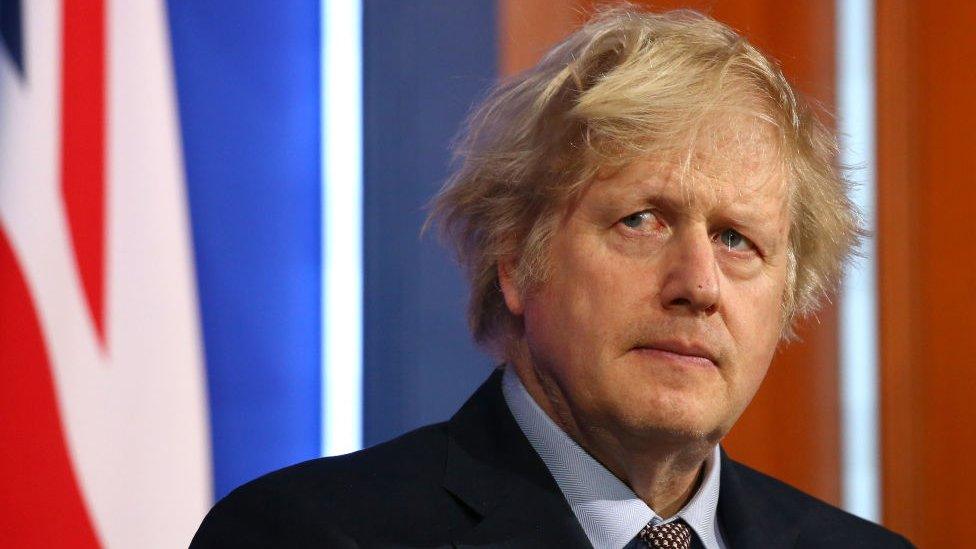
In December, Prime Minister Boris Johnson said that no minister will be attending the Olympic Games in Beijing because of China's poor treatment of particular groups of people.
Canada's government echoed Mr Johnson's feelings, saying they were also worried about the way people in China were treated. Prime Minister Justin Trudeau said their decision would not be a surprise to China, stating, "We have been very clear over the past many years of our deep concerns around human rights violations."
The United States similarly said they would not be sending representatives because of the treatment of Uyghurs.
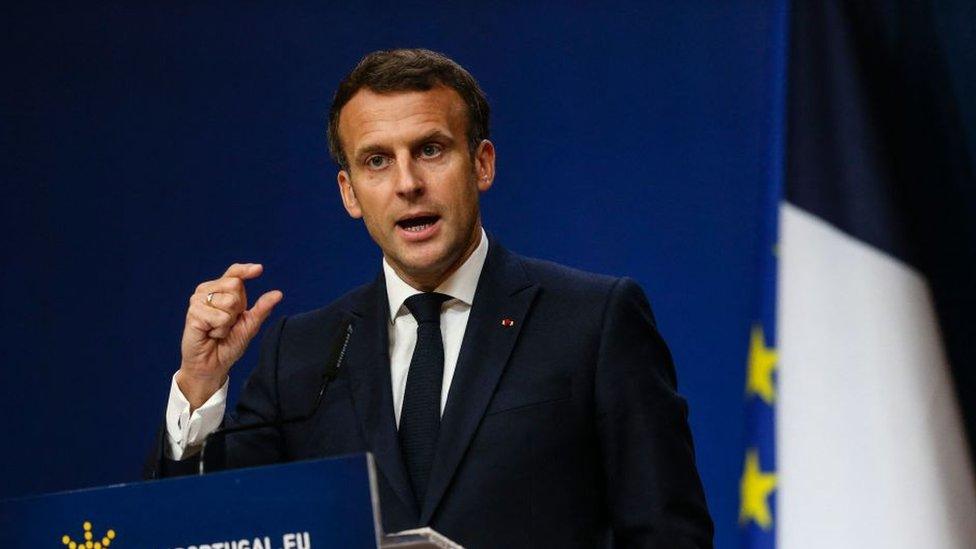
France's President Macron believes that sending representatives to the Games will help build relationships
Australia, Lithuania, Kosovo, Belgium, Denmark and Estonia have all refused to send representatives because of human rights issues.
However other groups argue that not sending politicians, while still sending hundreds of athletes, isn't really a strong enough message against their behaviour.
Some leaders - including President Macron of France - argue that the best way to convince China to make changes is to talk to the people in charge and events like this are an opportunity to build relationships.
What has China said?
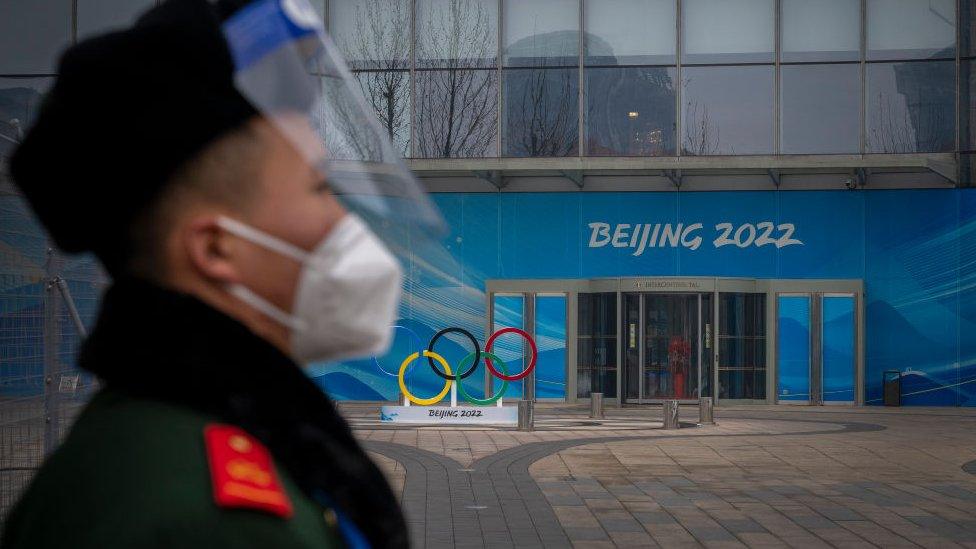
China has denied all the accusations put to them, with one Chinese minister saying, "Whether [government officials] come or not, nobody cares."
But they appear to be angered by the response of the United States not to send representatives, with the Foreign Ministry saying that the US "will pay a price for its... actions".
- Published8 June 2021
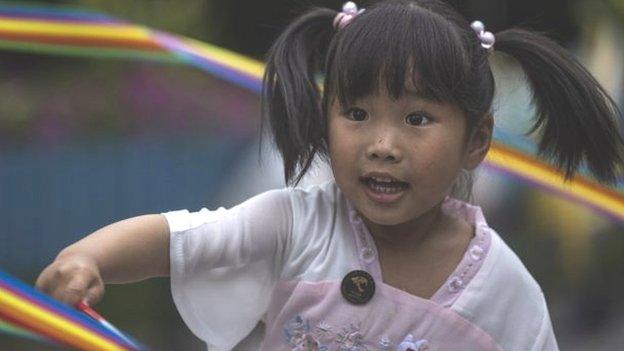
- Published15 November 2021
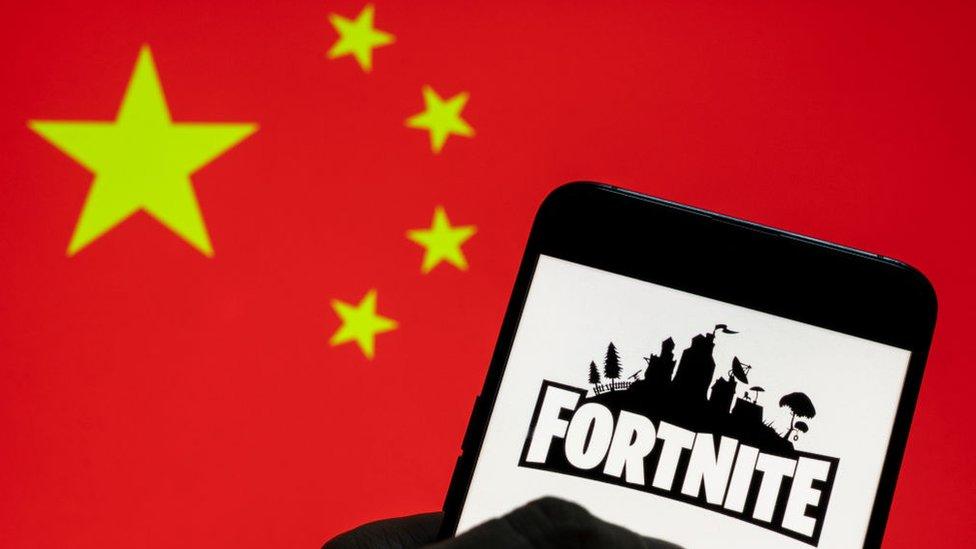
- Published28 May 2020
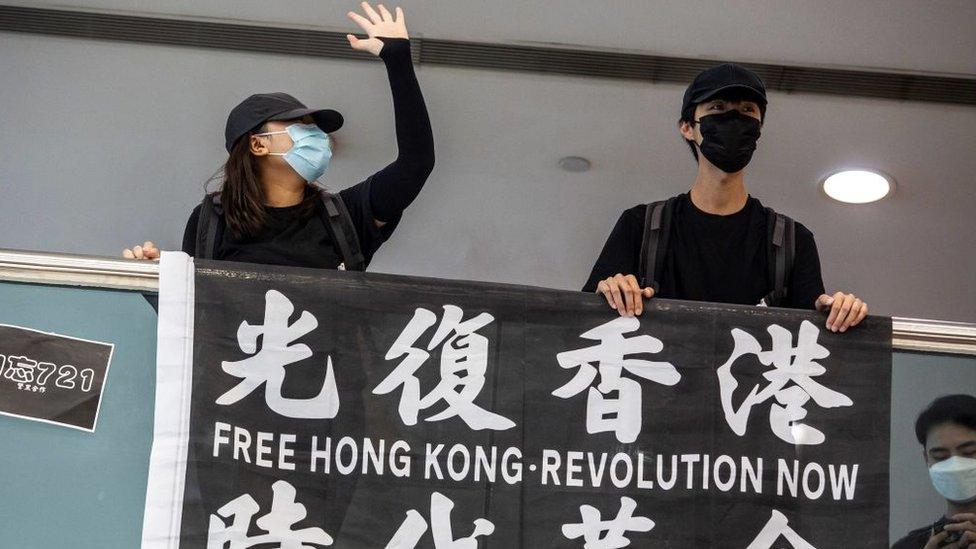
- Published4 June 2020
